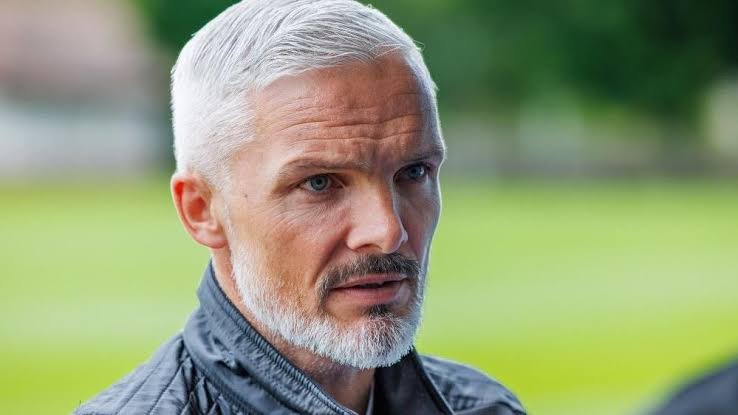One of Scotland’s oldest football clubs, Dundee United, has garnered media attention after turning down the signing of a 28-year-old player because of health issues. The club’s resolve to uphold strict physical standards in the pursuit of success in the forthcoming season is demonstrated by this decision. The Choice Before being officially signed, the athlete in question—whose identity has not been revealed—went through a rigorous medical examination as part of standard protocol. Regretfully, the findings indicated serious fitness problems that would make it difficult for him to consistently play at the level Dundee United demands.
Club’s Stance In a statement, Dundee United’s management emphasized the importance of physical fitness and overall health in their recruitment process. “Our priority is to ensure that any new addition to the squad is capable of meeting the demanding physical requirements of professional football,” a club spokesperson said. “While the player has undeniable talent, we must consider the long-term impact on the team and our objectives.” The Implications This move by Dundee United highlights the increasingly stringent measures football clubs are adopting to safeguard their players’ health and ensure optimal performance. It also reflects a broader trend in the sports industry, where physical.
Looking Ahead As Dundee United prepares for the new season, they remain focused on building a squad that can compete at the highest levels. The rejection of this 28-year-old player, despite his skills, sends a clear message about the club’s priorities and dedication to excellence. This incident serves as a reminder of the crucial role that fitness and health play in professional sports, and how they can influence key decisions within football clubs.
